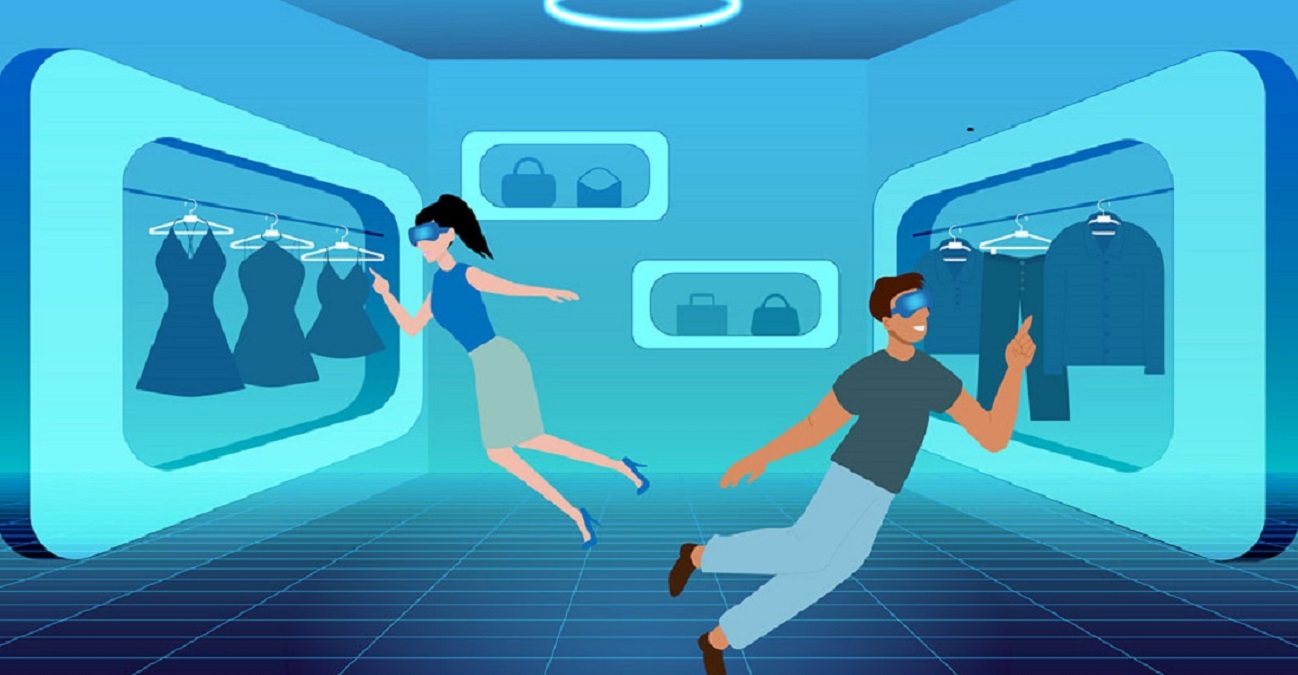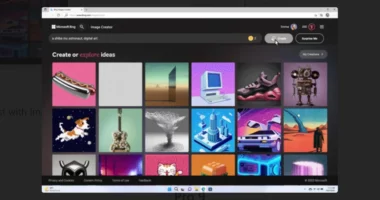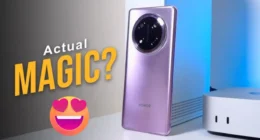E-commerce leader SAP has joined forces with a virtual store platform to give brick-and-mortar stores a foothold in the metaverse. Obsess, a startup based in New York City, aspires to revolutionise online shopping by expanding its reach to a younger demographic and making it possible for retailers to sell most of their core products in virtual environments.
In the spring of 2017, Obsess, a VR platform with over 200 virtual stores, joined forces with SAP’s iO virtual reality incubator. SAP.iO is a global programme that connects SAP’s channel partners with software engineers.
Together with SAP, Obsess has developed a discovery interface for its online shops that will pique the interest of young consumers. Customers of Obsess and SAP can now collaborate to design digitalized stores that can be very different from or very similar to physical ones. Online, shoppers can interact with a store in a more immersive, three-dimensional environment, whether they are at home or elsewhere.
Also Read: VR Firm Pico, Owned By TikTok Parent ByteDance, Announces ‘Small’ Layoffs
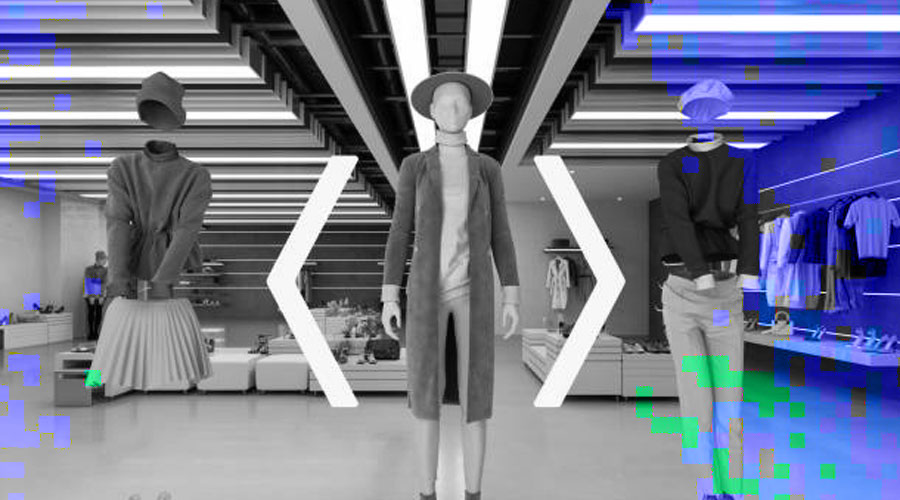
Obsess CEO and founder Neha Singh has said, “We are bringing that gamification-like interface to the shopping experience.” However, not all of Obsess’s clients have access to 3D models of all of the company’s offerings. Instead, the company relies on a patented technology that can process Google APIs for e-commerce images to produce a fully immersive environment. After selecting an item, the shopper is presented with the same data that would normally be found on a product detail page.
Singh remarked that “discovery aid” best describes the goal of creating these virtual environments. “Consider how you typically spend your time in a store: perusing the aisles, taking in the atmosphere, and becoming one with the brand. We’re working to incorporate all of these aspects into online shopping because, at present, customers aren’t likely to stumble upon new products while perusing a retailer’s website.”
Also Read: PlayStation VR2 “Blew Away” Oculus Founder
Explain the concept of the Metaverse.

The very concept of the “metaverse” is fluid and subject to revision. Today, the term is used to describe the next iteration of the internet, which will consist of a web of 3D virtual worlds where people from different locations can interact virtually and do things like shop, work, socialise, and attend conferences together.
Although it has been established that the metaverse is planned and developed to mimic the physical world, it has yet to be determined how many more years are required for its full development.
“The widespread adoption of the metaverse is still a long way ahead, despite strong early signs,” says NASSCOM, the National Association of Software and Service Companies.
Also Read: Here are 8 Sites Similar to VRModels.Store
Will consumers find the metaverse to be a game-changer for shopping? For the underlying technology to approach conventionality, at least eight to ten years may pass.
Companies have begun implementing metaverse applications and use cases across a variety of industry verticals; however, scaling up the technology will be dependent on technological advancements, return on investment (ROI), and talent readiness.
Also Read: Nintendo Labo VR hands This virtual Reality Gets Weird
All the Fuss About the Metaverse
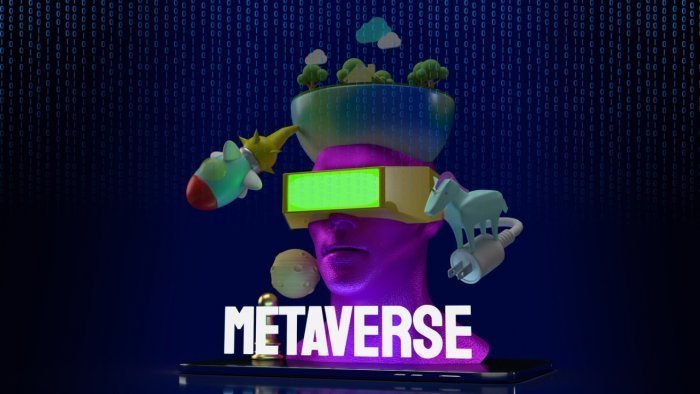
It’s challenging to tune out metaverse-related news and projections while simultaneously avoiding FOMO. The metaverse has been met with both criticism and praise since Facebook CEO Mark Zuckerberg rebranded the company to Meta in his speech in October 2021.
Every month, an average of 480,000 people in the United States conduct online searches. According to data compiled by Retail Insight Network, “metaverse” was one of the top five retail technology-related keywords tweeted in Q1 2022.
Rapid expansion of the metaverse is anticipated. The research and advisory firm Gartner predicts that by 2026, the average person will spend one hour per day in the metaverse. How people shop, communicate, and earn a living will all be affected by the rise of augmented, virtual, and mixed reality (MR). This is only the start of a brand new era, and the metaverse market, according to Bloomberg Intelligence, will be worth $800 billion by the year 2024.
Also Read: What’s the Best Way to Get a Pokémon GO Joystick for iOS & Android in 2023?
“We believe the metaverse will be the biggest opportunity for modern business since the creation of the internet,” Meta said. Because of this, CEOs and other business moguls are starting to take notice of the metaverse.
According to an Accenture survey of business leaders, 71% believe the metaverse will have a significant impact on their companies, and 42% believe the technology will represent a “breakthrough” or “revolution.” Companies in the retail sector will use the metaverse to provide a more “physical touch” to their online product and service catalogues, thereby increasing user engagement.
Also Read: MediaTek Helio G36 SoC for Budget Smartphones Introduced
